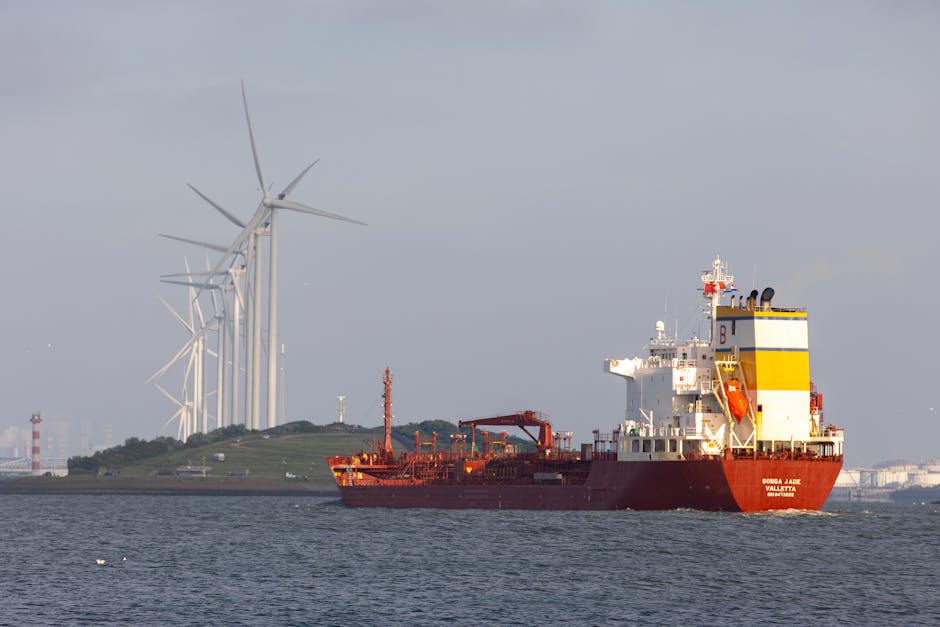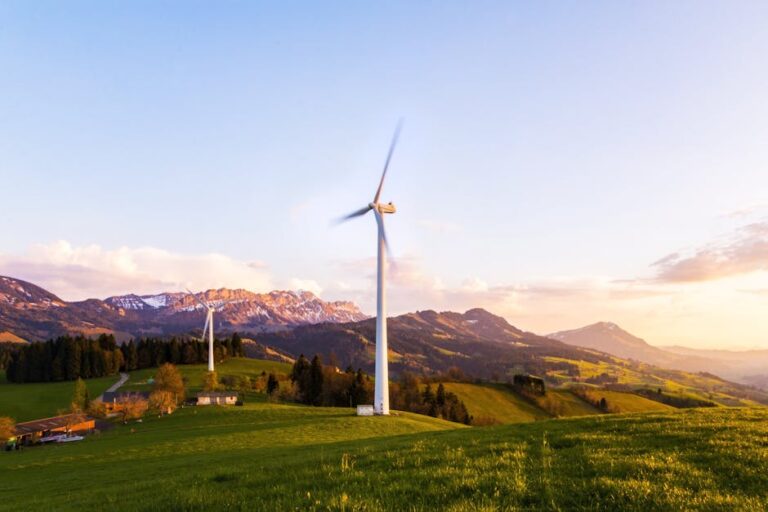President Trump has launched a trade investigation. This probe could impose tariffs on imported wind turbine components.
The U.S. Department of Commerce announced the initiation of this Section 201 investigation. This action follows a petition filed by a U.S. solar manufacturer. The petition alleges that certain wind turbine components are being imported in quantities that harm domestic production.
The investigation will examine whether these imports are significantly impacting the ability of American companies to compete. It will scrutinize the supply chains for wind turbine nacelles, blades, and towers. Documents indicate a broad scope for the inquiry.
The timing of this probe is notable, given the administration’s previous actions. President Trump has frequently expressed skepticism about renewable energy technologies. He has often championed fossil fuels and criticized policies supporting clean energy.
This investigation could significantly disrupt the burgeoning U.S. wind energy sector. The industry has been experiencing substantial growth in recent years. It has been a key driver of job creation in many rural areas.
Tariffs on imported parts could increase manufacturing costs for U.S. wind farms. This increase might slow down project development and deployment. The industry relies on a global supply chain for many components.
Trade Probe Details
The Commerce Department stated it will assess import volumes and their impact. It will also consider domestic industry capacity and utilization rates. The investigation is expected to take several months.
A preliminary determination on whether to recommend tariffs is anticipated within 120 days. A final determination, including the level of any proposed tariffs, could follow. Public hearings are expected to be part of the process.
Industry groups have expressed concerns about the potential consequences. They argue that tariffs could undermine competitiveness and increase energy costs. The American Clean Power Association has voiced opposition.
The petition specifically targets components manufactured in Southeast Asia. These components are crucial for the assembly of wind turbines in the United States. The petitioners claim these imports have surged dramatically.
This move reflects a broader pattern of trade actions taken by the Trump administration. Many sectors have faced investigations and subsequent tariffs. The goal is often to protect or boost domestic manufacturing.
However, critics argue that such measures can lead to unintended consequences. They may harm downstream industries and consumers. The wind sector is a complex ecosystem with international interdependencies.
The White House has not yet issued a direct statement on the investigation’s broader implications. However, past rhetoric suggests a willingness to consider such actions. The president’s focus on trade deficits remains a key policy driver.
The investigation’s outcome could hinge on several factors. These include the evidence presented by the petitioner and the domestic industry. Public comment periods will allow stakeholders to present their views.
Economic Ramifications
The potential imposition of tariffs raises questions about U.S. energy policy. It could conflict with stated goals to promote clean energy expansion. The administration has supported some domestic manufacturing initiatives.
This action may create uncertainty for investors in the renewable energy sector. Such uncertainty can deter capital investment and slow down project pipelines. The industry requires stable policy environments for sustained growth.
Tariffs could also impact the cost of electricity for consumers. Wind energy has become increasingly cost-competitive. Higher component costs might make wind power less attractive compared to other energy sources.
U.S. manufacturers of wind turbine components might benefit from protection. However, those who assemble turbines for projects would face higher costs. This creates a complex economic calculus.
The investigation’s scope could be broadened or narrowed as it progresses. The Commerce Department has discretion in its findings. Its recommendations to the President will be critical.
The administration’s commitment to energy independence is often cited. However, the path to achieving this through tariffs on clean energy components is debated. This probe adds another layer to that discussion.
Analysts suggest that the domestic wind turbine manufacturing base is still developing, relying on imported parts for efficiency and cost-effectiveness, making tariffs a potential double-edged sword that could stifle growth even as it aims to bolster local production.
The broader economic impact on related industries is also a concern. This includes jobs in installation, maintenance, and transportation. These sectors are linked to the overall health of wind energy projects.
The future of U.S. clean energy manufacturing policy remains under scrutiny. This investigation signals a potential shift in priorities. The long-term effects on the wind sector are yet to be determined.
The U.S. International Trade Commission (USITC) will also play a role. It will conduct its own injury investigation if the Commerce Department finds a basis for tariffs. Both agencies must concur for tariffs to be implemented.
Public interest groups are expected to mobilize opposition. They will likely advocate for policies that support clean energy growth. The debate over trade and climate action is intensifying.
Final decisions on any tariffs will ultimately rest with the President. His administration’s approach to trade disputes has often been decisive. The industry awaits further developments with anticipation.
The investigation’s preliminary findings are expected soon. This trade probe could significantly alter the landscape for U.S. wind power development.


